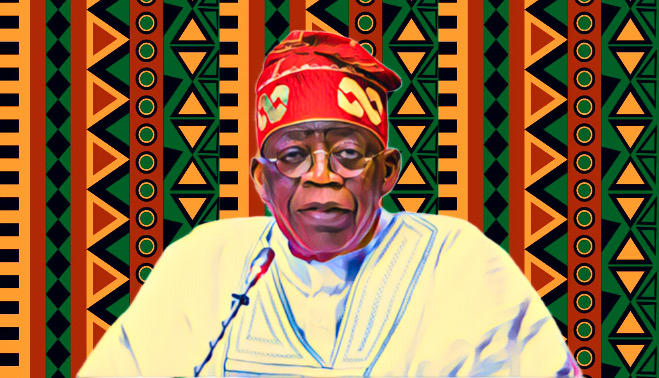In a significant move, Nigerian President Bola Tinubu has dismissed the Director-General of the Bureau of Public Procurement (BPP), Ahmadu Mamman. This decision, announced on June 14, signals Tinubu’s commitment to reshaping Nigeria’s procurement processes and ensuring greater transparency and efficiency in government contracts.
Ahmadu Mamman, who had served as the head of the BPP since his appointment in 2016, was responsible for overseeing public procurement policies and practices across federal government agencies. His tenure saw various reforms aimed at curbing corruption and improving the procurement system’s integrity. However, his dismissal comes amid increasing demands for enhanced accountability and efficiency within government operations.
President Tinubu’s administration has prioritized anti-corruption measures and reforms to restore public trust in government institutions. The removal of Mamman is seen as part of a broader strategy to overhaul key government agencies and align them with the administration’s vision for transparent governance.
A statement from the President’s office indicated that the decision to sack Mamman was taken to “ensure the highest standards of efficiency, transparency, and accountability in the procurement processes of the government.” It further emphasized the administration’s commitment to rooting out inefficiencies and fostering a culture of integrity within public service.
The Bureau of Public Procurement plays a critical role in Nigeria’s efforts to combat corruption and promote good governance. It is tasked with the regulation and monitoring of public procurement, ensuring that government contracts are awarded fairly and executed properly. The BPP’s work is crucial in safeguarding public funds and maintaining the integrity of the procurement process.
Mamman’s dismissal has elicited mixed reactions from various stakeholders. Some view it as a necessary step to reinforce the administration’s anti-corruption stance and improve the procurement system’s effectiveness. Others, however, caution that the change must be followed by substantial reforms and not merely serve as a symbolic gesture.
Political analyst Dr. Musa Ibrahim commented on the development, stating, “The sacking of the BPP DG is a bold statement from President Tinubu, signaling his intent to clean up the procurement process. However, it will be important to see who replaces Mamman and whether this move will translate into tangible improvements in procurement practices.”
The President is expected to appoint a new Director-General for the BPP soon, with a focus on individuals with a track record of integrity and competence in public service. The new appointee will face the immediate task of continuing reforms within the BPP and addressing any lingering challenges in the procurement process.
In the wake of Mamman’s dismissal, there are heightened expectations for the BPP to adopt more stringent measures and innovative approaches to procurement. Transparency advocates and civil society organizations are calling for a more open and accountable system that can effectively prevent corruption and misuse of public funds.
President Tinubu’s administration has outlined several initiatives aimed at strengthening governance and public institutions. These include enhancing the legal framework for procurement, increasing stakeholder engagement, and leveraging technology to streamline processes and improve oversight.
In conclusion, the dismissal of BPP Director-General Ahmadu Mamman by President Bola Tinubu underscores a renewed focus on transparency and efficiency within Nigeria’s public procurement system. As the administration prepares to appoint a new leader for the BPP, there is cautious optimism that this change will lead to substantive reforms and better governance outcomes.
Source of this article: businessday.ng



